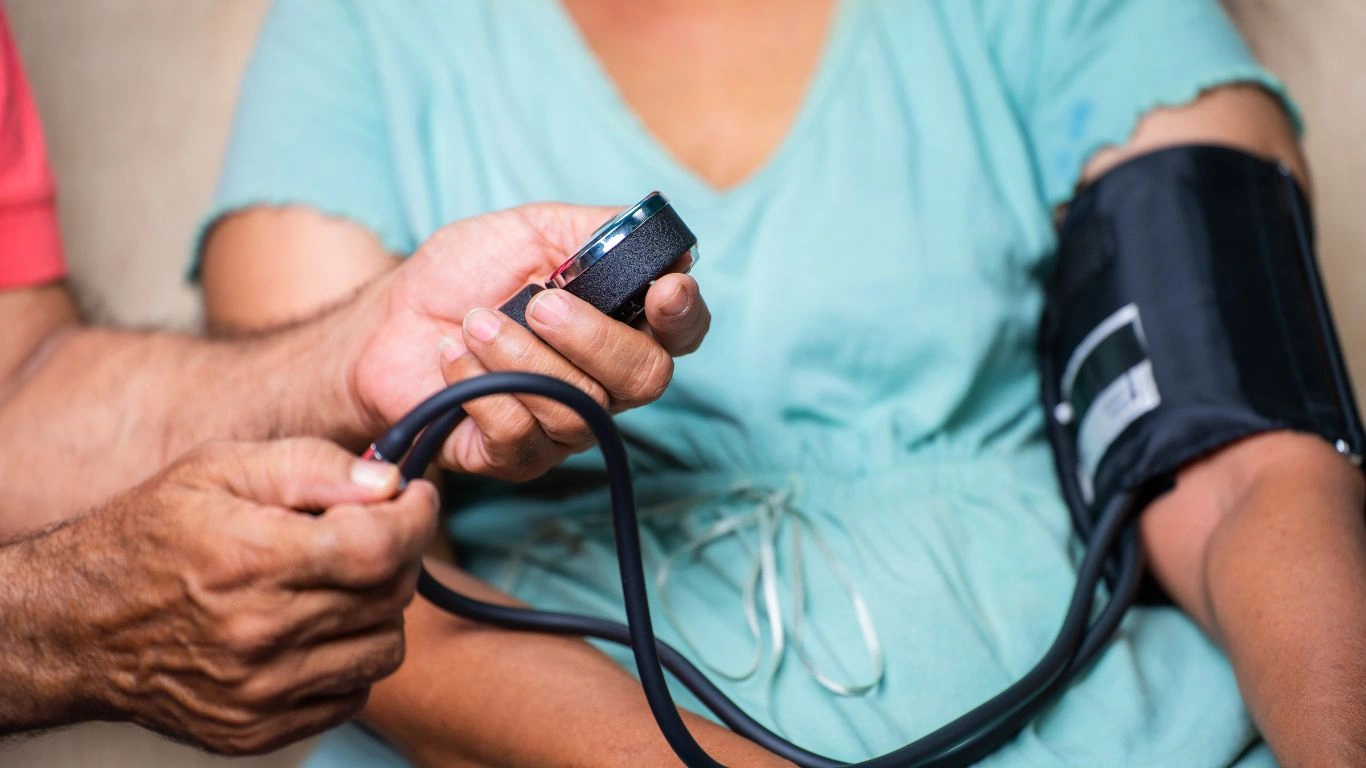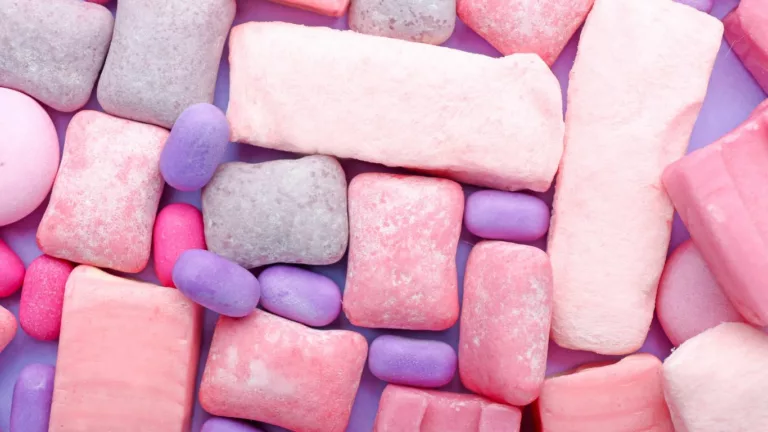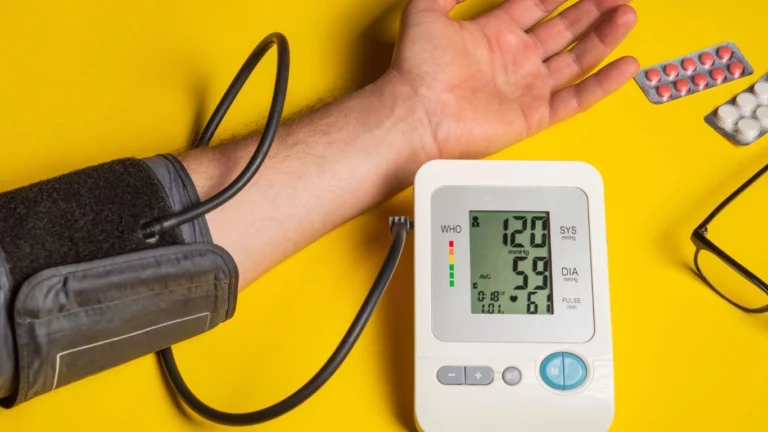🥕 Beetroot for High Blood Pressure: A Simple Way to Keep Your Blood Pressure in Check 🌿
Introduction
So, let’s talk about hypertension for a sec. If you’re one of the millions dealing with high blood pressure, you know it’s no joke. It’s often called the “silent killer” because it creeps up without warning. But here’s the good news: beetroot might just be your new best friend in the fight against it. Yep, that bright red veggie sitting in the produce section does more than just make your smoothies pretty. Let’s break down how beetroot can help you manage blood pressure—and why it’s worth adding to your diet.
What’s the Deal with Hypertension? 🤔

First, let’s get on the same page. Hypertension is basically when your blood pressure is consistently too high, which can lead to heart problems, strokes, and kidney issues down the road. It’s sneaky, though. You don’t always feel it, which is why regular check-ups are super important. If you’re watching your sodium intake, staying active, and avoiding stress but still struggling, you might be wondering: “Is there something I can add to my diet to help?” Enter beetroot.
How Can Beetroot Help? 🌱

Beetroot isn’t just a colorful addition to your salad—it’s a powerhouse for managing hypertension. It’s loaded with nitrates (no, not the stuff in processed meats) that, when broken down in your body, turn into nitric oxide. This stuff relaxes your blood vessels, improves blood flow, and, in turn, lowers your blood pressure. It’s like giving your arteries a nice little spa treatment.
The Science-y Stuff (But Keep It Simple) ⚗️
Alright, here’s the deal in a nutshell: when you eat beets, your body converts those nitrates into nitric oxide, which helps your blood vessels relax. When your blood vessels are relaxed, your heart doesn’t have to work as hard to pump blood, and your blood pressure drops. Cool, right?
But it’s not just the nitrates doing all the heavy lifting. Beets are packed with antioxidants (those little guys that fight off damage in your body), potassium, and magnesium, all of which play key roles in keeping your heart healthy and your blood pressure in check.
Ways to Enjoy Beetroot in Your Diet 🍽️

Alright, so you’re sold on the idea of beetroot helping with blood pressure, but how do you actually eat it? I’ve got you covered. There are a ton of easy (and tasty) ways to make beetroot part of your routine. Trust me, it’s not all about beetroot juice—you can get creative.
1. Fresh Beetroot Juice 🍹
This is probably the most popular way to get your daily dose of beetroot. Just toss a beet in a juicer or blender, and boom, you’ve got yourself a blood-pressure-busting drink. It’s simple, it’s effective, and if you throw in a bit of apple or ginger, it tastes pretty darn good too.
2. Roasted Beets 🥔
If you’re not into juice, roasted beets are a solid choice. Just peel, chop, and roast them with a little olive oil and your favorite herbs. Toss them in a salad, throw them on top of quinoa, or just snack on them. You can even pair them with goat cheese for a fancy-but-easy meal.
3. Beetroot Smoothies 🥤
Smoothies are an easy way to sneak in some veggies without even thinking about it. Throw some cooked beets in with your other go-to smoothie ingredients—banana, berries, spinach—and you’ve got a delicious, heart-healthy drink that’ll do wonders for your blood pressure.
Troubleshooting: Common Issues to Watch For 💡

So, beetroot sounds awesome, right? But there are a couple of things to keep in mind before you go beet-crazy.
1. Beeturia (It’s a Thing)
You might notice your urine or stools turning a reddish color after eating beetroot. Don’t freak out—this is totally normal, and it’s called beeturia. It’s harmless, but it can catch you off guard if you’ve never experienced it before.
2. Gastrointestinal Issues
Beets are high in fiber, which is generally great for digestion. But if you eat too much too fast, it can cause a bit of bloating or discomfort. Start slow, especially if you’re not used to eating a lot of fiber, and see how your body responds.
3. Possible Allergies
This one’s rare, but some folks might have an allergic reaction to beets. If you notice any itching, swelling, or trouble breathing after eating beets, stop eating them and see a doctor. Better safe than sorry!
Real-Life Success Stories 💪
Let’s talk about how beetroot has actually helped some people—because real stories make things feel way more legit.
Meet John: A Blood Pressure Warrior
John, a 55-year-old guy, had been battling high blood pressure for years. He tried meds, but they weren’t giving him the results he was hoping for. Then, he read about beetroot and decided to give it a go. After adding beetroot juice to his daily routine for a couple of months, his blood pressure dropped significantly. His doctor was impressed, and John was feeling more energetic and less stressed. Now, beetroot’s a staple in his diet.
Sarah’s Smoothie Success
Sarah was in a similar boat—her blood pressure was on the higher side, but she didn’t want to rely solely on medication. She started drinking beetroot smoothies in the morning, and over time, her blood pressure stabilized. It wasn’t magic, but with consistent beetroot intake, she saw real, positive changes. Now, she recommends it to all her friends who are looking for a natural way to manage their health.
Key Takeaways / Summary ✅
Beetroot is full of nitrates, which help your blood vessels relax and lower blood pressure.
It’s packed with heart-healthy nutrients like antioxidants, potassium, and magnesium.
You can drink beetroot juice, roast it, or add it to smoothies—whatever suits your style.
Some people might experience beeturia (red pee), digestive discomfort, or even allergies, but these are usually no big deal.
Real-life stories prove that beetroot can really help lower blood pressure and improve heart health.
FAQs 🤔
1. How fast does beetroot work for lowering blood pressure?
Some people see results in just a few hours after drinking beetroot juice, but for long-term benefits, you’ll want to incorporate it into your diet regularly.
2. Can I ditch my meds if I start eating beetroot?
Beetroot is a great natural addition to your diet, but it shouldn’t replace any medication your doctor has prescribed. Always check with your healthcare provider before making changes to your routine.
3. How much beetroot should I eat?
You don’t need to go overboard. About 1/2 to 1 cup of beetroot juice or one medium beet a day is plenty to start seeing benefits.
References 📚
Disclaimer ⚠️
This post is for informational purposes and is not a substitute for professional medical advice. Always talk to your doctor before making any changes to your health routine.
Call to Action 🎯
Ready to give beetroot a shot? Whether you juice it, roast it, or blend it into a smoothie, adding beetroot to your diet could be a game-changer for your blood pressure. Give it a try and let us know how it goes—drop a comment below or tag us on social media with your beetroot creations!






